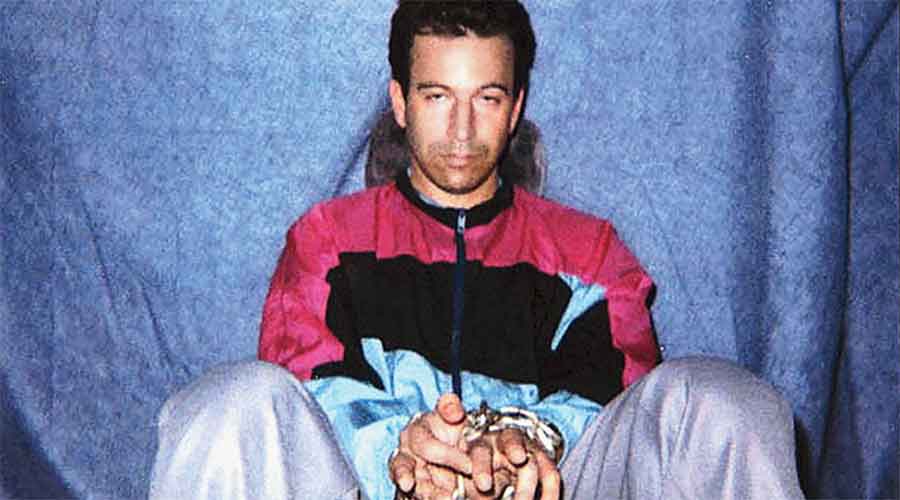Pakistan’s Supreme Court ordered the release from prison on Tuesday of a British-born militant who had been convicted in the kidnapping and murder of Wall Street Journal journalist Daniel Pearl by al Qaida and Pakistani militants in 2002.
In a decision that is expected to draw criticism from the US, the court recommended that Ahmad Omar Saeed Sheikh be transferred to a government safe house as a stepping stone to his full release after spending 18 years on death row.
“He should be moved to a comfortable residential environment, something like a rest house where he can live a normal life,” said Justice Omar Ata Bandyal.
Bandyal headed a panel of three judges that reviewed the case, following a petition from the government after the court upheld last Thursday a lower court's decision to acquit Sheikh and three accomplices of all charges except abduction.
The court said Sheikh should be kept at a secure location under a “supervision and some surveillance”, his lawyer Rauf Ahmad Sheikh told reporters.
US secretary of state Antony Blinken “reinforced” Washington’s concern over the case in a telephone call on Friday with Pakistan’s foreign minister Shah Mahmood Qureshi.
Pearl’s family had also petitioned for the Supreme Court to reverse the acquittal so that “Sheikh and co-conspirators are brought to justice for the kidnapping and murder of Daniel Pearl”, Faisal Siddiqi, a lawyer for the family, said.
On assignment for the Wall Street Journal in the months after the 9/11 attacks on the US, Pearl was kidnapped in Karachi and later beheaded. The militants had recorded the execution on video.
Al Qaida’s number three leader Khalid Sheikh Mohammed later confessed to killing Pearl, while Sheikh, a former student at the London School of Economics, played key role in luring the journalist into a trap with the help of other Pakistani militants.
Captured in Pakistan in 2003, Mohammed is being held at the US detention centre at Guantanamo Bay, Cuba.
Sheikh’s fortunes changed last year, when a high court decided only the kidnapping conviction should stand, commuting his death sentence to seven years in jail, which he had already served.











